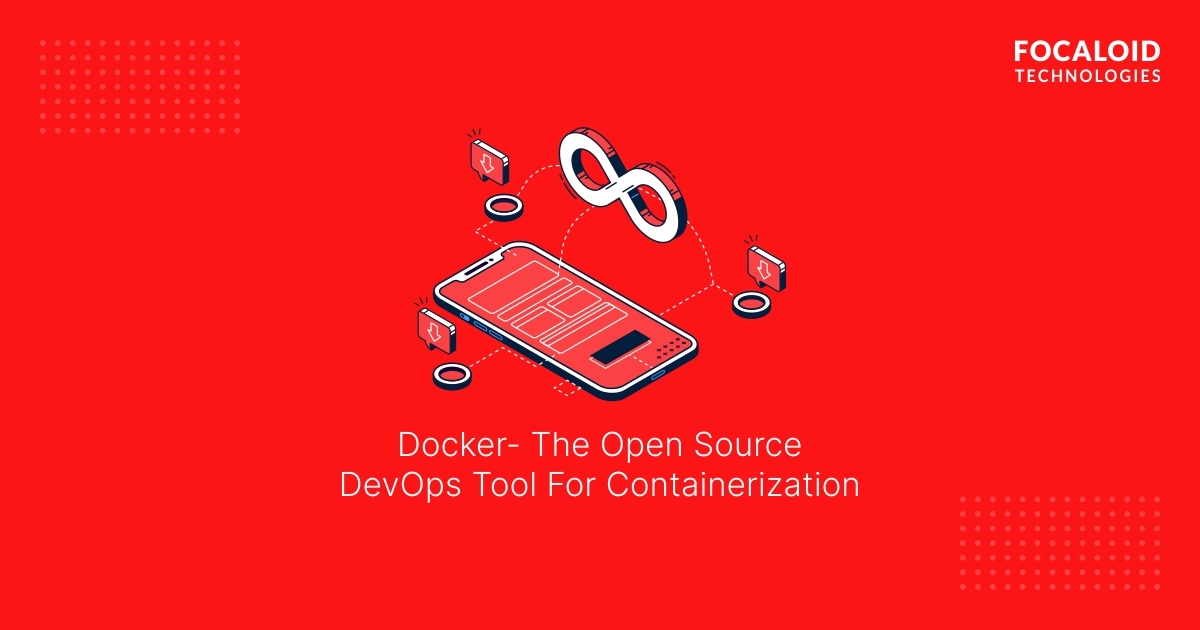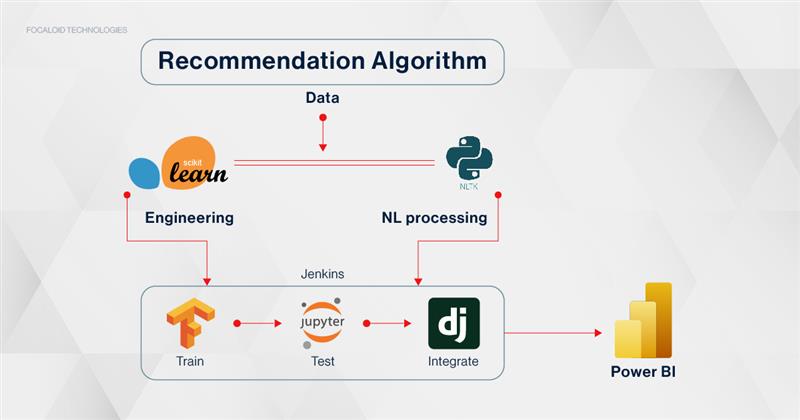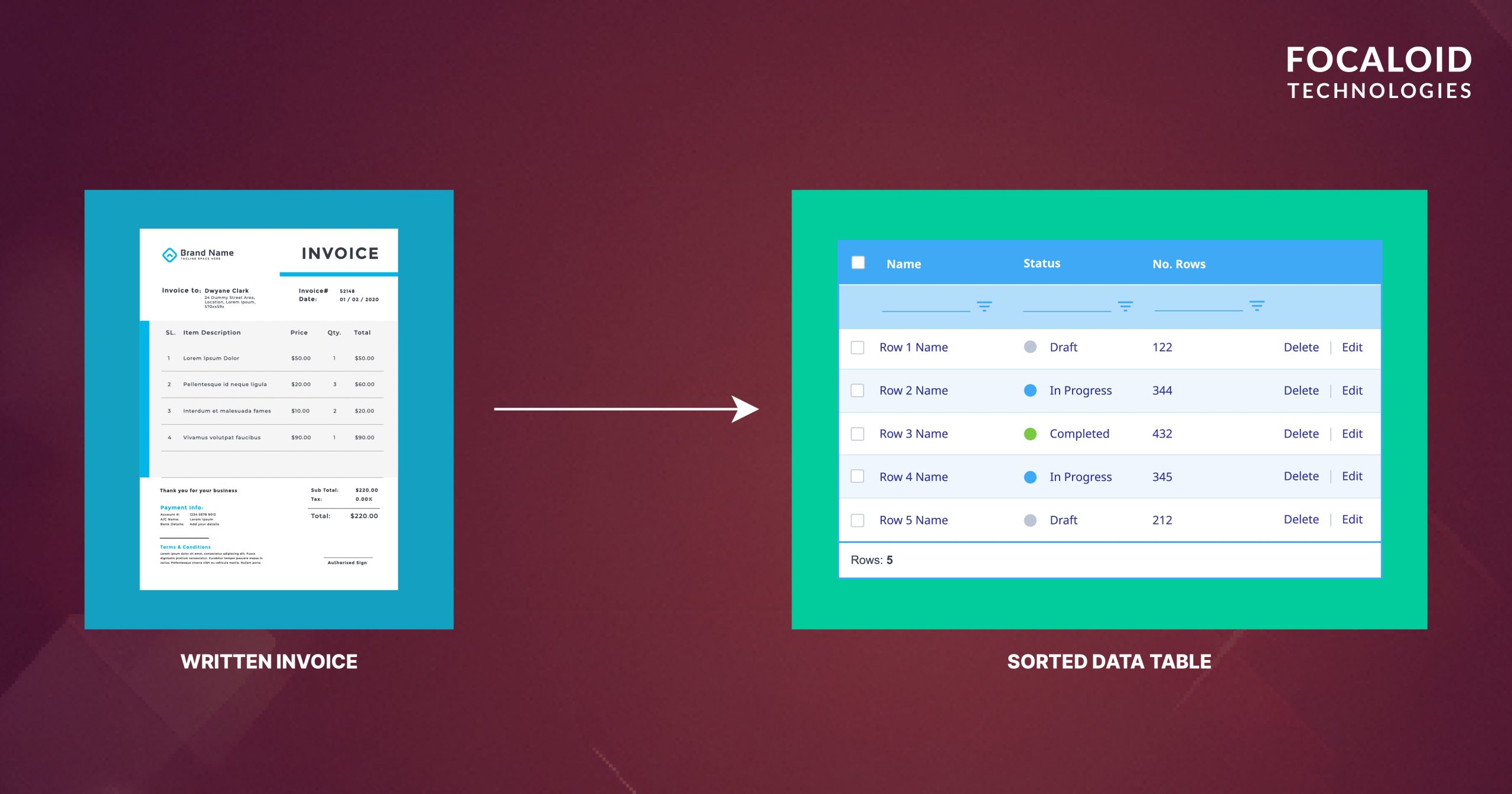DevOps |
Docker- The Open Source DevOps Tool For Containerization
28/02/2022
Docker- The Open Source DevOps Tool For Containerization
Containers are software units that help applications function consistently and predictably in whichever operating system (OS) it is running on. The appeal of container solutions for organizations has made their adoption grow rapidly. Container management software is employed by organizations to make the process easier and to create, deploy, and scale containers automatically. It is important to understand container management services with such developments in container use. Docker is one such container management tool launched in 2013 as open-source software. It is now widely used and accessible to many.
Let’s dive deeper and learn about Docker, Docker container management, and the basics of container management tools.
What is Docker?
A container is a software unit that packages code and its dependencies for a faster and more reliable application performance from one computing environment to another. Docker is a platform used for building, running, and managing containers on the cloud and servers. It is a tool that is used for containerization.
Containerization helps in simplifying complex deployment processes and effectively packaging, shipping, and delivering an organization’s app. The Docker platform allows the packaging and running of an application in containers. The Docker engine is helpful for those who require a clean and lightweight environment for testing but don’t need complex orchestration.
Docker is a popular choice for containerization because of its features that include multiple language implementations, easy scalability, shipping of the container anywhere you want, and zero downtime while updating. Docker container management and tools help in developing applications and their supporting components as well as distributing and testing applications.
Is Docker a Container Management Service?
Docker is a container management service software. It is the industry-leading container platform and the only one that provides a simple, as-a-service experience and a DevOps Collab for building, sharing, and running applications. Docker is a lightweight, cost-effective, and fast alternative to virtual machines. It allows you to achieve your business goals by using more of your compute capacity. Docker container management can be used for high, medium, and small substance deployments of applications.
What is Container Management, and Why is it Important?
Container management is the governance and maintenance of containerization software by a set of processes. Tools of Container Management like Kubernetes, Mesos, and Docker are used for automation, deployment, scaling, and destruction of applications or containers. Container management platforms optimize efficiency and streamline container delivery without the complex interdependent architecture of the system.
Containerization is a software development approach where applications are run in containers, i.e., isolated user spaces, inside the same shared operating system (OS). Application binaries, configuration, files, libraries, and dependencies are encapsulated within containers. This allows applications to be run on varied infrastructures and clouds without needing a separate guest OS for each application.
With the use of DevOps, enterprises want faster development and deployment of applications that have made containers popular. On a given host, you can run many containers simultaneously. Containers are lightweight, resilient, and can run applications without relying on what is currently installed on the host platform. Containers can also be shared with others; you just have to make sure that everyone is using the same containers with the same functioning. Container management consists of scheduling, storage, monitoring, and application security.
Container management is important because they cause systems to work more efficiently. When the number of containers is too large, a single IT team cannot handle it and needs a management system, such as Docker container management, to handle the workload. Management systems provide effective and integrated container management, which makes it easy for IT admins to build a secure environment.
It makes it easy for developers to have the flexibility of containers in developing and deploying new applications and services. These management services can handle quick deployment and application updates. Container management services also handle rapid changes in the DevOps system.
Enterprises have also begun to adopt containers for things beyond testing and development of applications and services; hence, additional management tools are required to handle and look after containers.
Benefits of Container Management
The benefits of effective container management are as follows:
- Easy Setup – Container management systems significantly reduce setup complexities because it comes with storage, security tools, monitoring systems, and schedulers.
- Automation– A number of processes such as load balancing or orchestration are automated by container management. Softwares such as Kubernetes and Docker container management provide automation that allows the DevOps team to keep up with the rapid changes that occur when an application is being developed. A management tool with automation is required when container-based applications are being deployed automatically to operating systems (OS) and the public cloud.
- Easy Administration– Effective container management makes it easy for IT teams to keep up with application development by decreasing the DevOps process’s time and resources. The rapid changes in DevOps strategy can be handled by container management. Orchestration, networking, and security are made easier with container management services.
- Health Checks– Some container management platforms also provide health checkups of apps. They monitor the containers and their environment for failed or stalled units. Health checks help in assessing the health of each and every component. This can also stop the application from crashing.
Focaloid Technologies & Docker
Focaloid Technologies has extensive hands-on experience with popular and niche programming languages and frameworks. We have been helping businesses since 2013 with digital strategies that will help them thrive in the digital economy. Some of our services are mobile app development, backend and frontend development, cloud-native applications, App modernization, and application integration services. Focaloid also offers DevOps consulting, implementation, and management services.
Conclusion
Today, the Docker platform is so popular that it is used as a synonym for containers. The reason for this popularity is its lighter weight, portability, automated container creation, shared container library, etc. Businesses of all sizes are moving their server applications to containers, and Docker is the best option for container implementation in the market.
Published:
Share:




